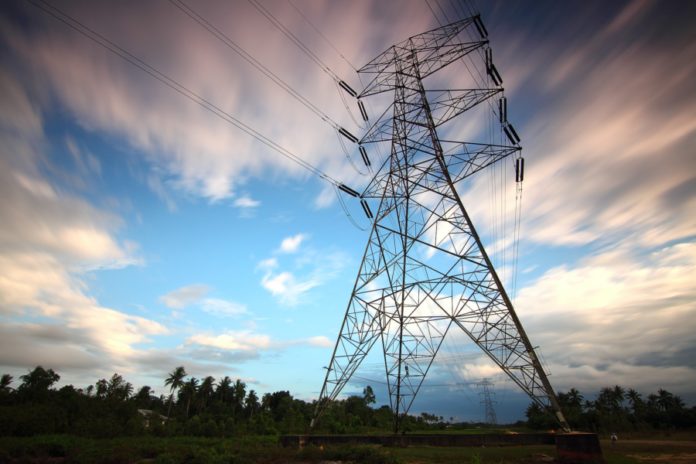The disaster regulations relating to the energy crisis have finally been gazetted. President Cyril Ramaphosa first announced the National State of Disaster around Eskom during his State of the Nation address earlier this month.
Following a meeting of the President’s Coordinating council last night, the full regulations have now been signed off by Minister Nkosazana Dlamini Zuma and published.
The regulations include the following:
- Hospitals, water purification plants and other “critical infrastructure” will only be exempted from load shedding where it is technically possible – and as long as this does not lead to higher phases of load shedding.
- The approval of power projects should be accelerated, with one single authority coordinating all aspects of applications.
- Mobile phone networks and broadcasters will have to broadcast information about the state of disaster, at no cost to consumers.
The aim of the regulations is to reduce the impact of load shedding, particularly on food production, municipal services and policing, to accelerate the construction of new generation capacity and its connection to the power grid, and measures that will speed up repairs to Eskom’s power stations.
André de Ruyter, former chief executive of Eskom, recently said in court documents that it is technically impossible to exempt all public hospitals, police stations, schools and other infrastructure from load shedding without putting the entire network at risk.
Objectives of the regulations:
- Minimising the impact of load shedding on livelihoods, the economy, policing functions, national security, security services, education services, health services, water services, food security, communications and municipal services, amongst others;
- Reducing and managing the impact of load shedding on service delivery to support lifesaving and specified essential infrastructure;
- Providing measures to enable the connection of new generation of electricity; and
- Providing measures to improve Eskom’s plant performance.
All institutions within national, provincial and local spheres of government must, for
the duration of the declared national state of disaster, within their available resources—
- Adopt energy saving measures to contain the effects of the disaster and prevent the escalation of the electricity supply shortfall;
- Ensure continuous operation of health facilities, water infrastructure and other specified essential infrastructure and services, including by installing alternative energy sources or other measures to provide an uninterrupted power supply;
- Release and mobilise available resources, including human resources, stores, equipment, ships, aircraft platforms, vehicles and facilities;
- Release their personnel for the rendering of emergency services, as contemplated in section 27(2)(b) of the Act;
- Provide funds for this purpose, subject to affordability.
READ THE FULL DISASTER REGULATIONS BELOW:
Disaster Management Act: National State of Disaster: Impact…


